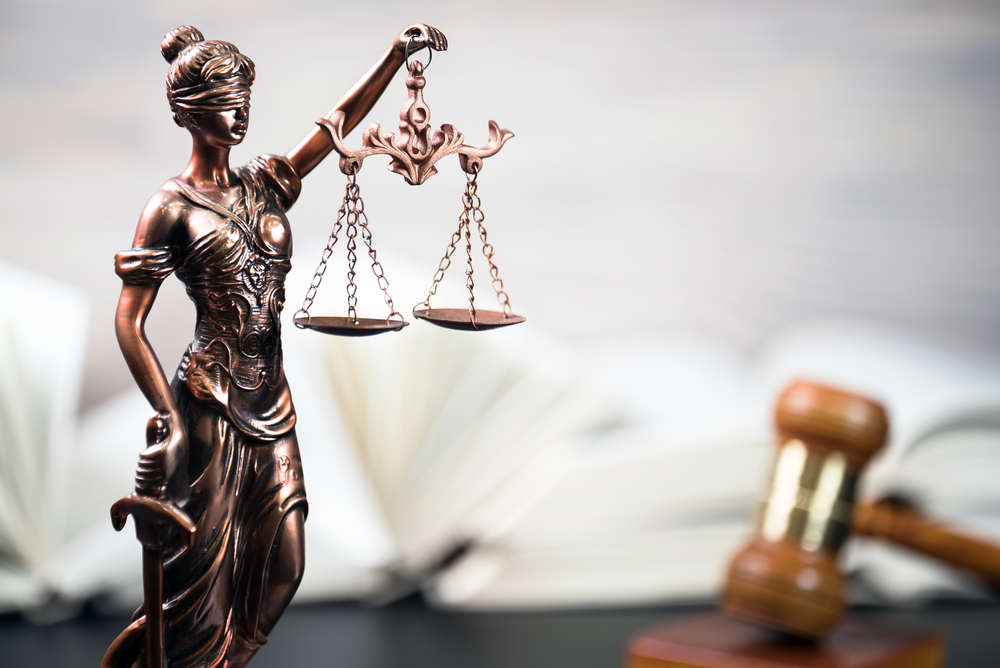Enterprise Ethereum Alliance Launches Legal Working Group with 14 Law Firms, Schools

The Enterprise Ethereum Alliance (EEA), a cross-industry collaborative blockchain consortium aiming to leverage open-source Ethereum technology for enterprise solutions has announced the launch of its ‘Legal Industry Working Group’.
In an announcement on Monday the EEA revealed the launch of its Legal Industry Working Group with 14 law firms and academic institutions. The legal working group is primarily tasked to inform and educate the industry about the advantages of blockchain technology while developing versions of the Ethereum blockchain for the space. There is an increased interest among legal professionals in blockchain technology, the EEA claims, underlining its reason for the foundation of the legal-specific working group within the consortium.
Joining the EEA as new members and the Legal Industry Working Group are a number of law firms and legal academic institutions including Cooley, Debevoise & Plimpton, Goodwin, Hogan Lovells, Holland & Knight, Jones Day, Latham & Watkins, Morrison & Foerster, Perkins Coie, Shearman & Sterling, Cardozo Law School, Duke Center on Law & Technology, and the Department of Legal Studies and Business Ethics at the University of Pennsylvania’s Wharton School. Furthermore, a handful of existing and noteworthy EEA members will also be joining the legal group, namely financial giants JPMorgan, BNY Mellon, ING and blockchain startup ConsenSys.
Aaron Wright, chairman of the newly launched legal working group who is also the associate clinical professor and co-director of the Cardozo Law School’s Blockchain Project, pointed to a ‘robust interest’ in decentralized blockchain technology from law firms and academic institutions.
He added:
Lawyers are poised to serve as the catalysts for blockchain technology, and the Legal Working Group will serve as a neutral space to explore blockchain-based legal technology, develop new standards for “smart” legal agreements, support emerging enterprise use cases, and tackle important policy issues raised by this new impactful technology.
Launched in February this year, the EEA began with 30 founding members toward the common goal of promoting, developing and supporting enterprise solutions using the public Ethereum blockchain. In July, the EEA’s ranks swelled to over 150 members, adding the likes of an Indian state government to its roster.
Featured image from Shutterstock.